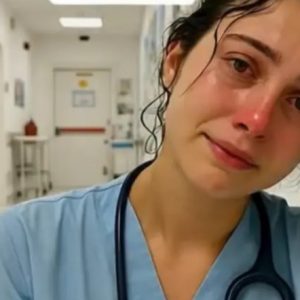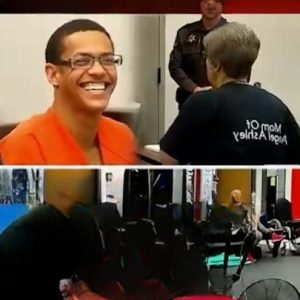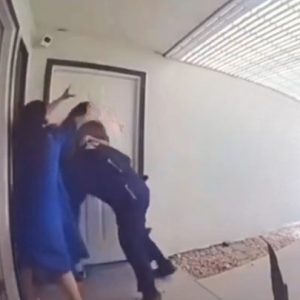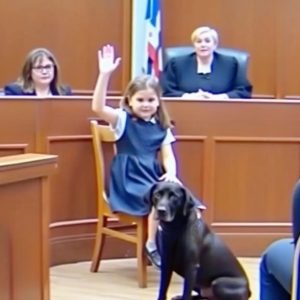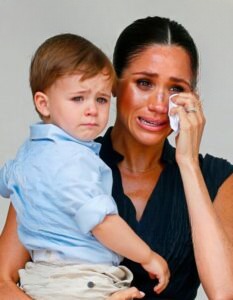The Whittaker family from Odd, West Virginia, has long fascinated and unsettled the public, often referred to as “America’s most inbred family.” Their story came to light through the work of photographer and filmmaker Mark Laita, who has spent nearly two decades documenting their lives—a story marked by isolation, hardship, and generational trauma.
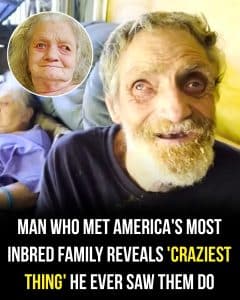
The Whittakers live in extreme rural poverty, and many of them communicate through grunts and gestures rather than words. When Laita first met them in 2004, he was met with suspicion from protective neighbors but eventually earned the family’s trust. His photographs and videos revealed individuals with profound physical and cognitive disabilities, likely the result of generations of intra-family marriage.

Laita’s relationship with the family grew over time. He launched fundraisers to improve their living conditions but faced backlash when one family member, Betty, claimed not to know where the money had gone. The situation worsened when another family member faked her father’s death to get money for drugs. Despite betrayals and setbacks, Laita continued to show compassion, offering help and accepting apologies from those who deceived him.

The Whittaker family’s roots trace back to twin brothers whose descendants married within the family for generations, creating a tangled lineage with serious genetic consequences. Their story is not just about inbreeding—it’s about the devastating impact of poverty, isolation, and neglect.
While their story has captured viral attention, Laita urges the public to show respect and stop treating them as a spectacle. “They need privacy, dignity, and understanding,” he says—a powerful reminder that behind the headlines are real people who deserve compassion, not judgment.
